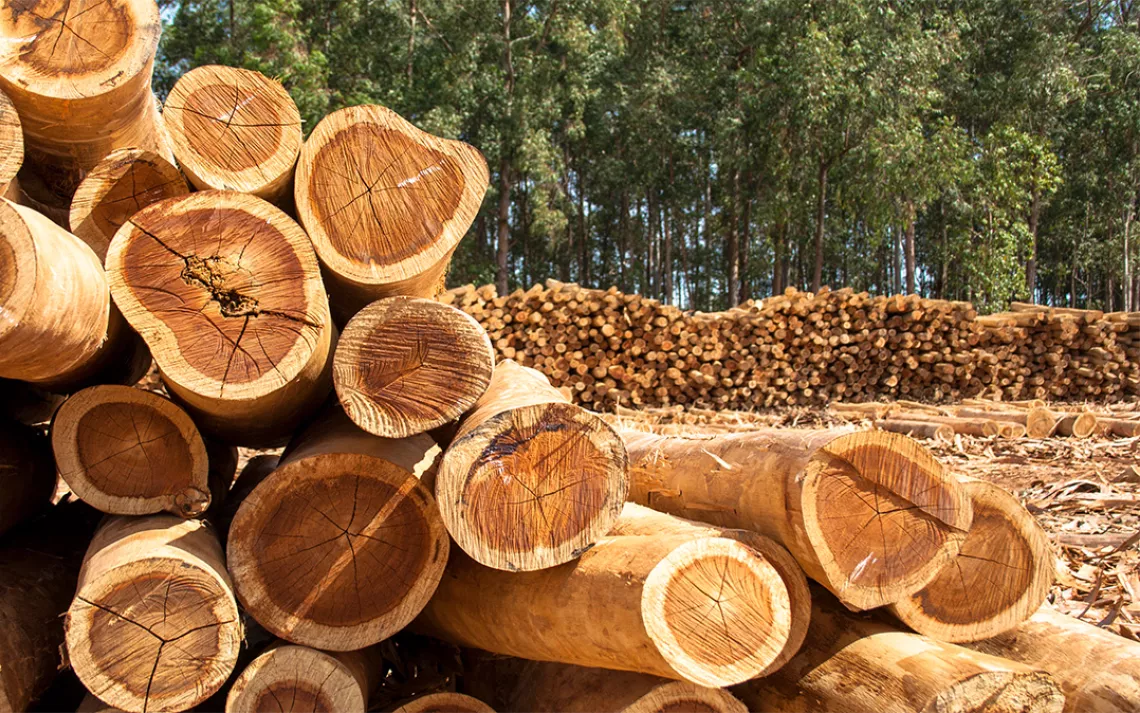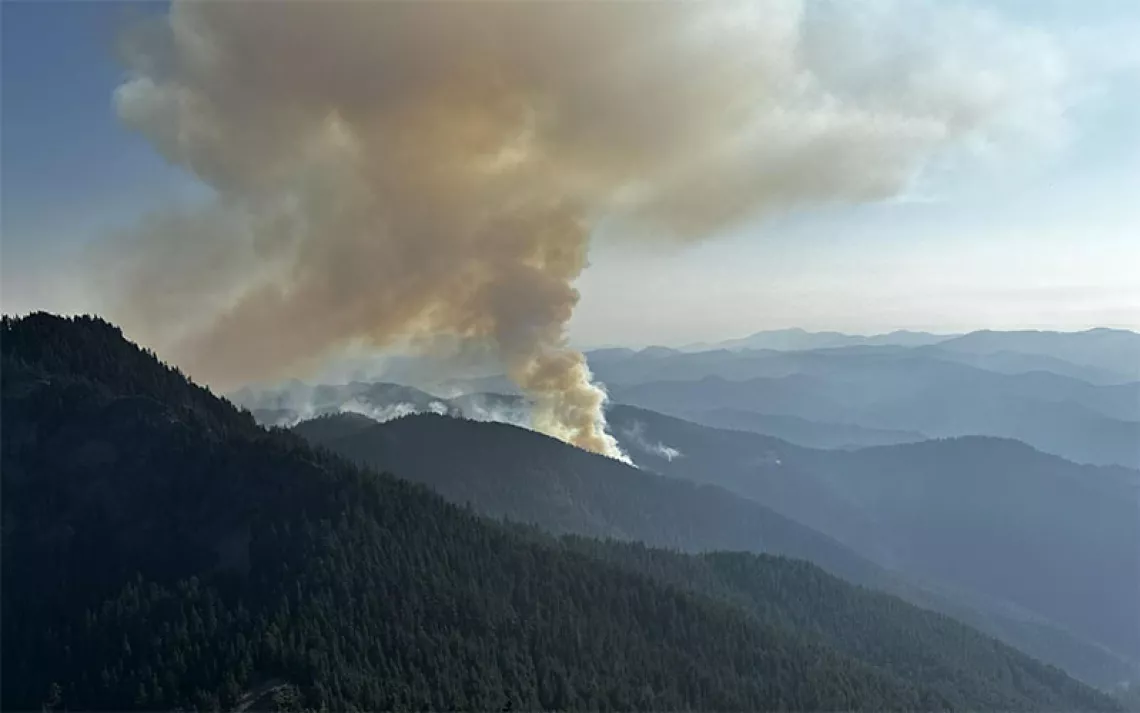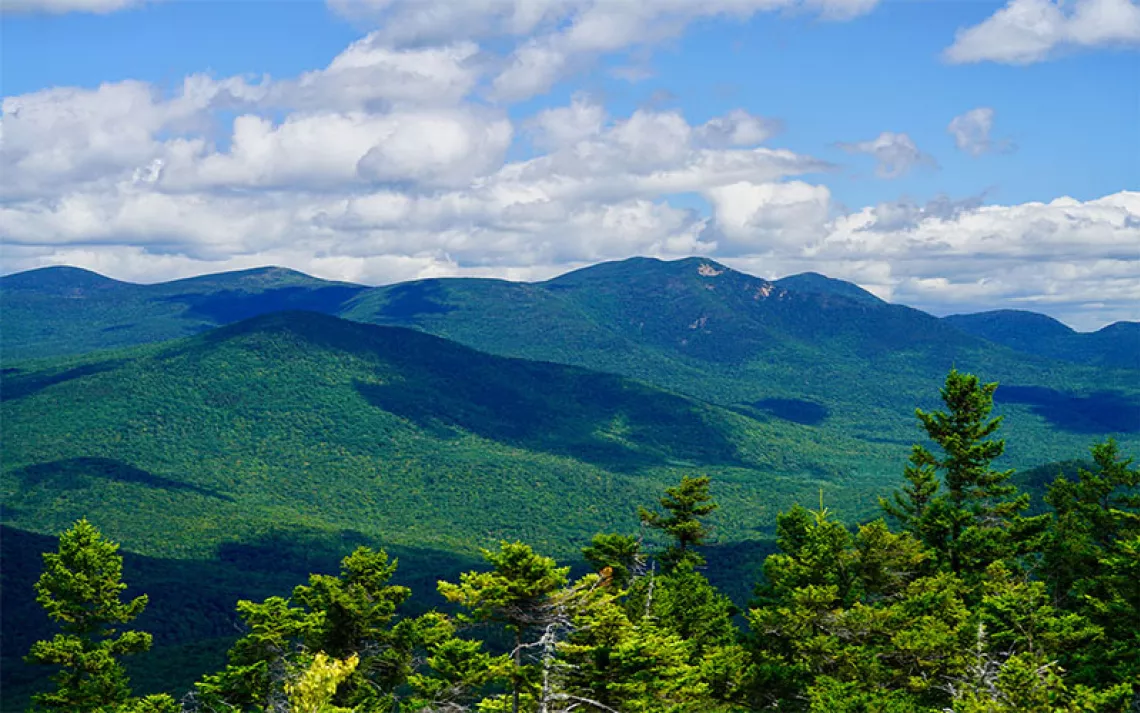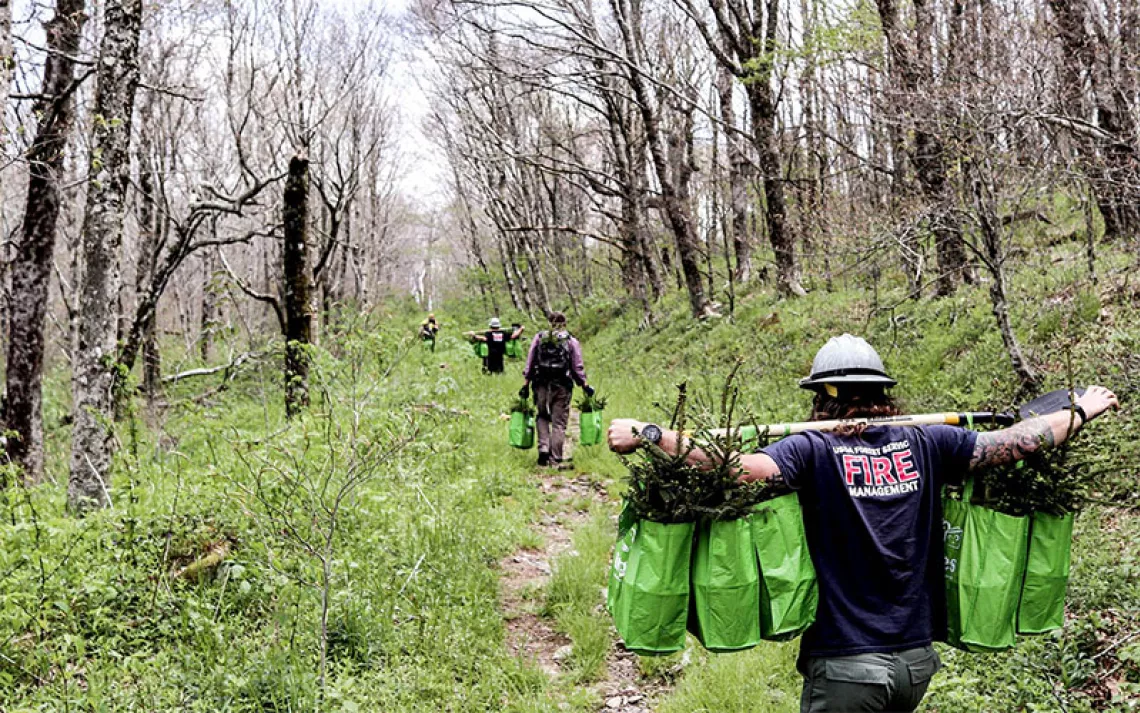Hey Mr. Green! How Can An Average Citizen Stop Deforestation?
Mr. Green lays out a plan of action

Hey Mr. Green,
Q: I’m a high school senior doing a large research project on the negative effects of deforestation. I’m very passionate about this issue and want to do everything I can to help. How can average citizens stop deforestation on a larger scale and in their everyday lives?
—Julianna in Indiana
A: The best way to combat deforestation is to keep up with groups involved in combating it, including the Sierra Club, and get more involved. These organizations provide many tools to save our forests. For example, as noted in this column previously, Rainforest Action Network keeps tabs on multinational corporations that do business with companies clearing forests to grow palm oil. Once you know about such businesses, you can dog them to stop. Another approach is to push financial organizations to divest from such companies. Friends of the Earth and As You Sow manage an online database, Deforestation Free Funds, which identifies mutual funds and pension plans that invest in palm oil and helps you contact them to protest.
It’s helpful to learn more about the causes of deforestation. Besides logging worldwide, and palm oil plantations in the Indonesian region, there are other causes in different places: soybean fields and cattle pastures in the Amazon and other tropical forests; road-building and dams; illegal logging in Russia; subsistence farming and wood fuel in Africa and Latin America. Half the wood removed from forests is consumed as fuel.
There is so much to be done, it can make your head spin. But don’t get discouraged. There have been successes in stemming deforestation. For example, thanks to a host of tree-lovers including Greenpeace and the Norwegian government, loss of forest in Brazil has been reduced to one-third of what it was 10 years ago. And, the net loss of the world’s forests has dropped by 50 percent, according to the UN Forest and Agriculture Organization. But we’ve got a long way to go. We lose about 12,500 square miles of forest every year. So there’s plenty to do, especially these days, when destroyers of forests, deniers of global warming, and companies with little or no respect for humans beings or nature are gaining new political accomplices in high places.
As for everyday life, here are a few obvious actions individuals can take:
1. Recycle as much paper and cardboard as you can (unless it is contaminated with food or grease).
2. Purchase paper products with as much recycled content as you can find.
3. Buy Forest Stewardship Council–certified furniture, lumber, and other products made from wood.
4. Use recycled lumber when it’s available.
 The Magazine of The Sierra Club
The Magazine of The Sierra Club



